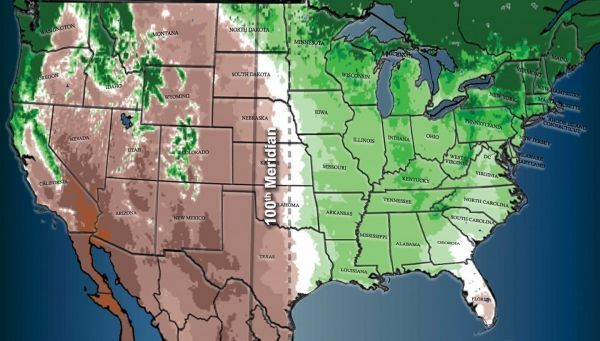For two decades, environmentalist Jürgen Resch has locked horns with Germany’s mighty automobile industry, the backbone of Europe’s most powerful economy. And Resch has shown that he will do what Berlin’s top politicians won’t: hold carmakers — and German municipalities — to the letter of the law when it comes to the high levels of pollution spewed from diesel automobiles. His indispensable ally in this against-the-odds mission has been Germany’s court system.
articles
New technology could wean the battery world off cobalt
Lithium-based batteries use more than 50 percent of all cobalt produced in the world. These batteries are in your cell phone, laptop and maybe even your car.
NASA Finds Wind Shear Slamming Tropical Cyclone Keni
NASA satellite imagery showed that Tropical Cyclone Keni was being battered by vertical wind shear. NASA-NOAA's Suomi NPP satellite revealed that wind shear was pushing the clouds and storms associated with Keni to the southeast of the center.
Ice-free Arctic summers could hinge on small climate warming range
A range of less than one degree Fahrenheit (or half a degree Celsius) of climate warming over the next century could make all the difference when it comes to the probability of future ice-free summers in the Arctic, new CU Boulder research shows.
Stronger Evidence for a Weaker Atlantic Overturning
The Atlantic overturning – one of Earth’s most important heat transport systems, pumping warm water northwards and cold water southwards – is weaker today than any time before in more than 1000 years. Sea surface temperature data analysis provides new evidence that this major ocean circulation has slowed down by roughly 15 percent since the middle of the 20th century, according to a study published in the highly renowned journal Nature by an international team of scientists. Human-made climate change is a prime suspect for these worrying observations.
The 100th Meridian, Where the Great Plains Begin, May Be Shifting
In 1878, the American geologist and explorer John Wesley Powell drew an invisible line in the dirt—a very long line. It was the 100th meridian west, the longitude he identified as the boundary between the humid eastern United States and the arid Western plains. Running south to north, the meridian cuts northward through the eastern states of Mexico, and on to Texas, Oklahoma, Kansas, Nebraska, the Dakotas, and the Canadian province of Manitoba on its way to the pole. Powell, best known for exploring the Grand Canyon and other parts of the West, was wary of large-scale settlement in that often harsh region, and tried convincing Congress to lay out water and land-management districts crossing state lines to deal with environmental constraints. Western political leaders hated the idea—they feared this might limit development, and their own power—and it never went anywhere. It was not the first time that politicians would ignore the advice of scientists.










